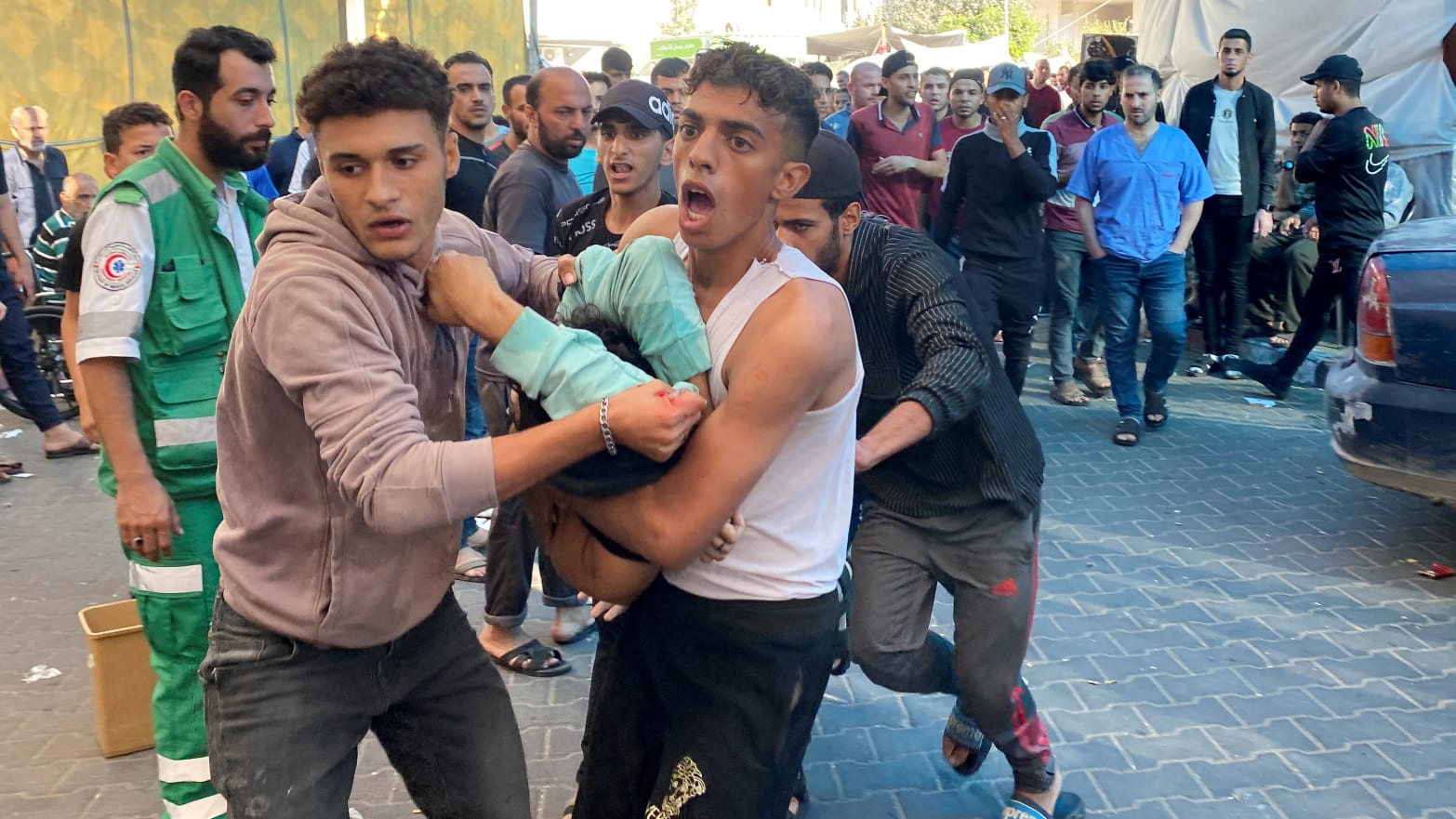The situation in the Gaza Strip, a Palestinian territory, is deteriorating daily. In October 2023, a child died every seven minutes, a rate ten times higher than the child fatalities in the first year of the Russian invasion of Ukraine. This staggering statistic paints a grim picture of what might be one of the world’s most tragic and unjust scenes. I offer an analysis and report on the current situation in Gaza, drawing from my experience in humanitarian aid in Gaza, as well as in Lebanon and Syria.
Gaza City, the largest city in the Gaza Strip located in the north, is a densely populated hub of homes and shops. However, repeated Israeli military notifications have forced the people of Gaza to flee to the rural, desert-rich southern part of Gaza. In Khan Yunis, a major city in the south where 20% of Gaza’s population lives, there is a stark lack of housing and administrative functionality.
The challenges for humanitarian efforts in Gaza are enormous. The infrastructure is near collapse, forcing people to move on foot due to a lack of fuel. Israeli soldiers at checkpoints confiscate essentials like clothing and mattresses, leaving people with nothing but what they wear. Many elderly and immobile individuals remain in heavily bombarded areas, facing airstrikes.
The spread of respiratory infections is rampant, exacerbated by inadequate sanitation, and medical facilities are heavily damaged. According to the United Nations Office for the Coordination of Humanitarian Affairs, seven water facilities in Gaza have sustained severe damage. With the rainy season approaching, the humanitarian crisis in Gaza is poised to worsen.
The plight of Palestinians, deprived of rights and dignity for 75 years, is a forgotten tragedy. In Palestine, where democratic processes like elections are non-existent, the voices of its citizens go unheard. In this context, international solidarity becomes essential to bring the voices of the people of Gaza to the global stage.
Despite these harsh conditions, a sense of community and mutual support persists among the people of Gaza. They share their limited resources, and even UN staff members organize aid distribution for those unable to access it themselves. This solidarity is perhaps a byproduct of the repeated crises in Gaza.
Reflecting on my time in Gaza, I recall how my colleagues appreciated the awareness and concern shown by people in Japan. It highlighted our shared humanity, regardless of where we live. With this in mind, there is a strong and urgent call for an immediate ceasefire between Israel and Hamas, echoing the shared desire for peace and normalcy.












Leave a Reply